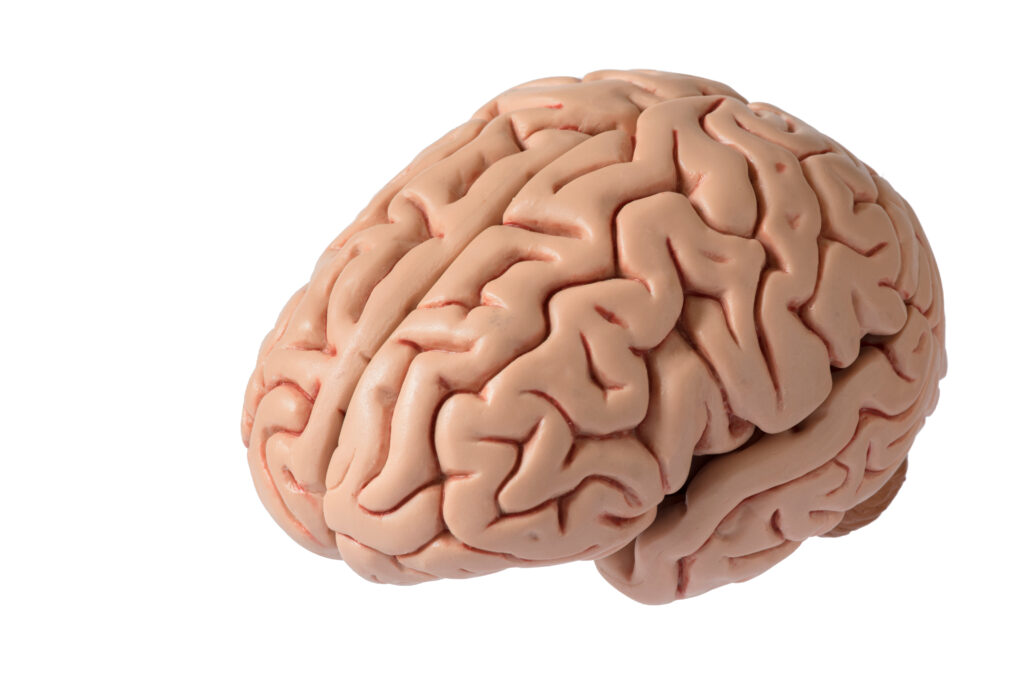### How Healthy Fats Support Memory and Mental Performance
When we talk about brain health, many of us think about complex nutrients and scientific jargon. However, one of the simplest and most effective ways to support our memory and mental performance is through something we often overlook: healthy fats. In this article, we’ll explore how these essential nutrients can boost our cognitive abilities.
### The Importance of Healthy Fats
First, let’s understand why healthy fats are crucial for our brains. The human brain is approximately 60% fat, making it one of the fattiest organs in the body[2]. This high fat content means that our brain relies heavily on healthy fats to function properly. Unsaturated fats, particularly omega-3 fatty acids, are particularly beneficial for brain health.
### Omega-3 Fatty Acids: The Brain’s Best Friend
Omega-3 fatty acids, such as docosahexaenoic acid (DHA) and eicosapentaenoic acid (EPA), are essential for various brain functions. These anti-inflammatory fats help protect the brain from damage and support overall cognitive function. They are critical for fetal brain development and continue to play a vital role in maintaining brain health throughout life[2][5].
### The Mediterranean Diet: A Model for Healthy Fats
The Mediterranean diet, which emphasizes plants, whole grains, and healthy fats, has been extensively studied for its cognitive benefits. This diet is rich in monounsaturated fats found in olive oil, which not only enhances circulation to the brain but also helps alleviate inflammation. The Mediterranean diet has been shown to improve memory and learning in young rats and may have similar benefits for children and adolescents[1][4].
### How Healthy Fats Work
So, how do healthy fats support memory and mental performance? Here are a few key ways:
1. **Reducing Inflammation**: Omega-3 fatty acids have anti-inflammatory properties, which help reduce neuroinflammation. Chronic inflammation in the brain can lead to cognitive decline and neurodegenerative diseases like Alzheimer’s[2].
2. **Enhancing Cognitive Flexibility**: The Mediterranean diet has been linked to better cognitive flexibility, the ability to adapt to new information. This is partly due to the changes in gut bacteria that occur with a Mediterranean diet, which can influence cognitive functions like attention and perception[1][4].
3. **Improving Working Memory**: Studies have shown that rats fed a Mediterranean-style diet rich in olive oil and fiber perform better on maze challenges designed to test memory and learning. These improvements correlate with changes in gut bacteria, suggesting a link between diet-modulated microbiota and cognitive function[1][4].
4. **Supporting Nutrient Absorption**: Fats are essential for absorbing fat-soluble vitamins A, D, E, and K. These vitamins play crucial roles in maintaining healthy brain cells and supporting overall cognitive function[5].
### Incorporating Healthy Fats into Your Diet
Incorporating healthy fats into your diet is easier than you think. Here are some simple ways to get started:
1. **Olive Oil**: Use olive oil as a primary cooking oil or add it to your salads and vegetable stir-fries. Even a small amount, like one to two tablespoons a day, can make a significant difference[3].
2. **Fatty Fish**: Include fatty fish like salmon and sardines in your diet. These are rich in omega-3 fatty acids and can be grilled, baked, or added to salads[2].
3. **Nuts and Seeds**: Nuts and seeds like walnuts, flaxseeds, and chia seeds are also good sources of healthy fats. They can be added to oatmeal, yogurt, or smoothies[5].
4. **Avocado**: Avocados are a rich source of monounsaturated fats. Add them to your sandwiches, salads, or use them as a topping for your meals[5].
### Conclusion


